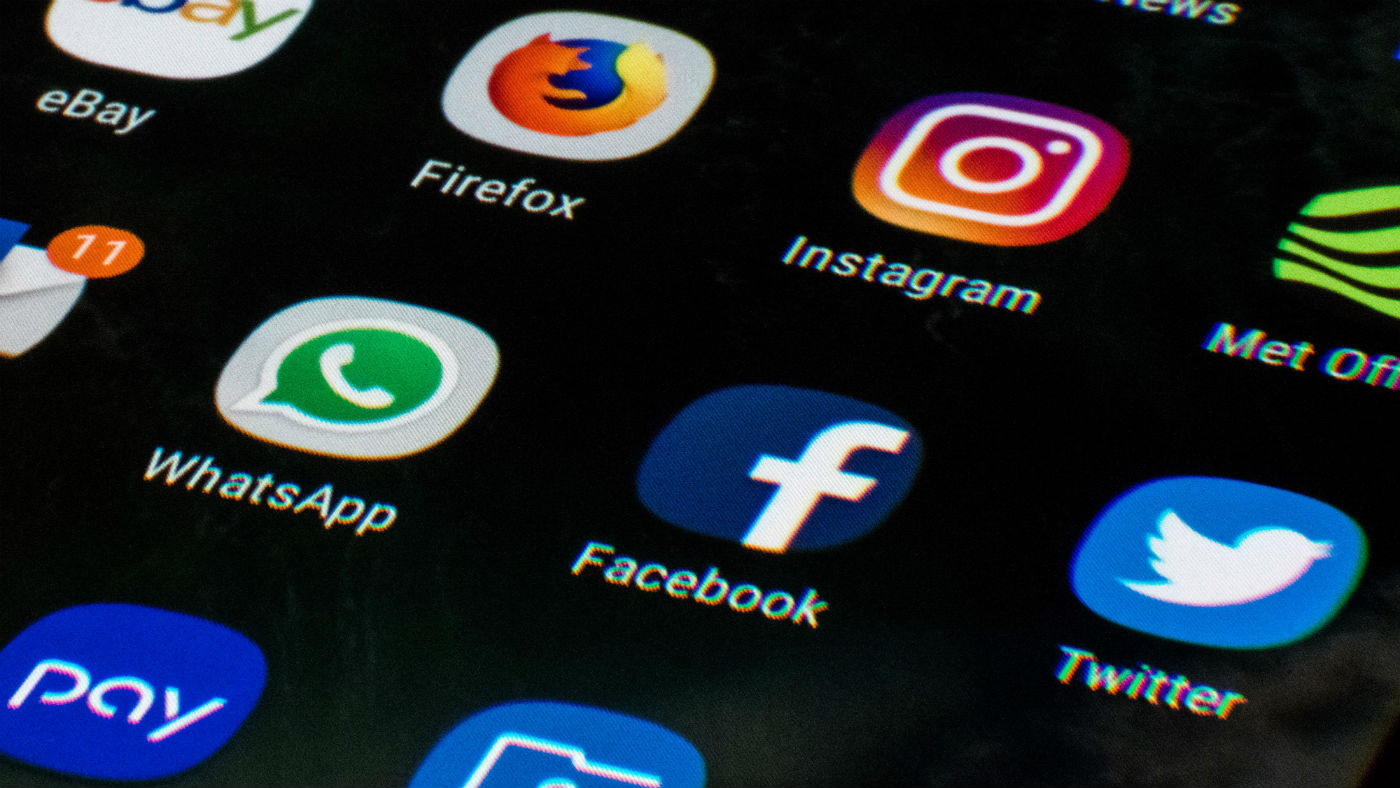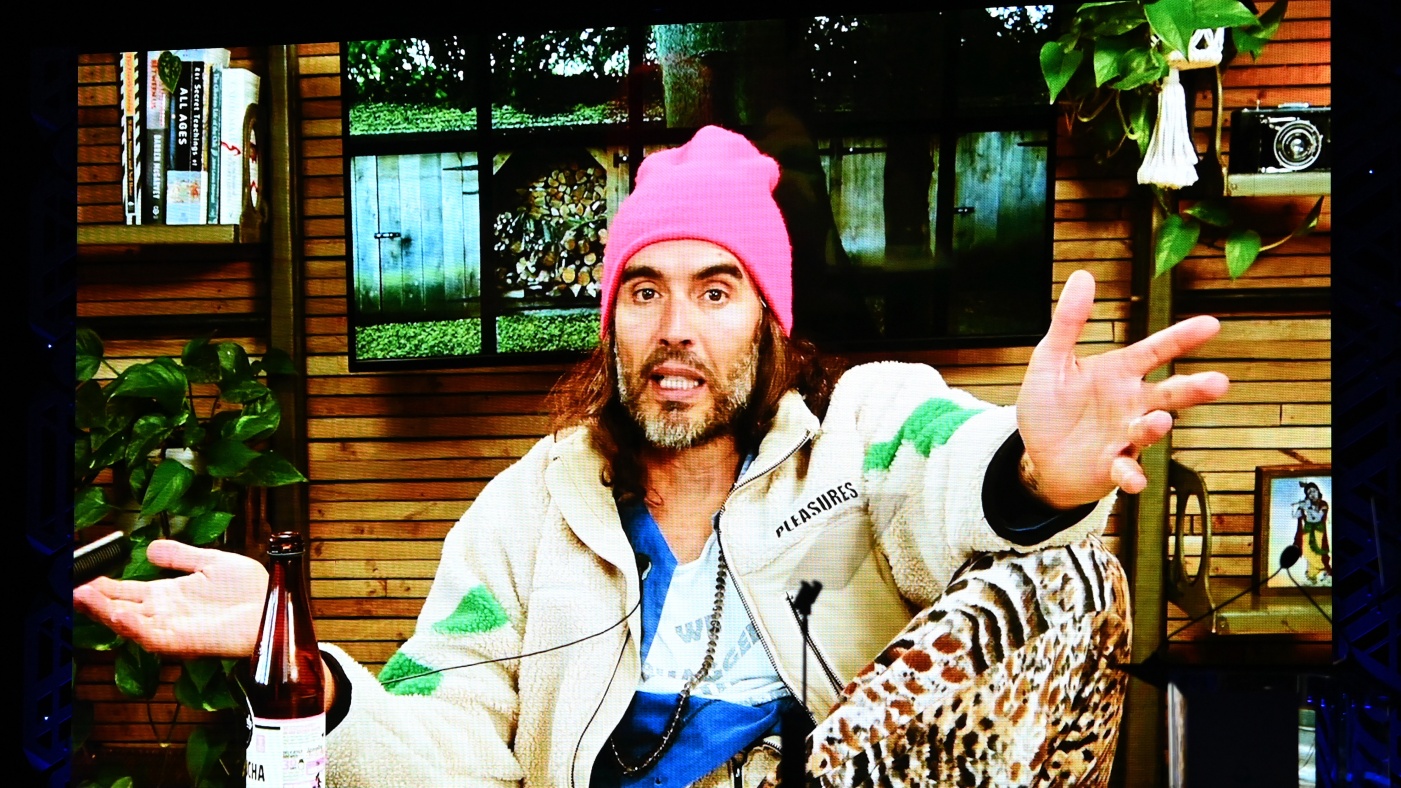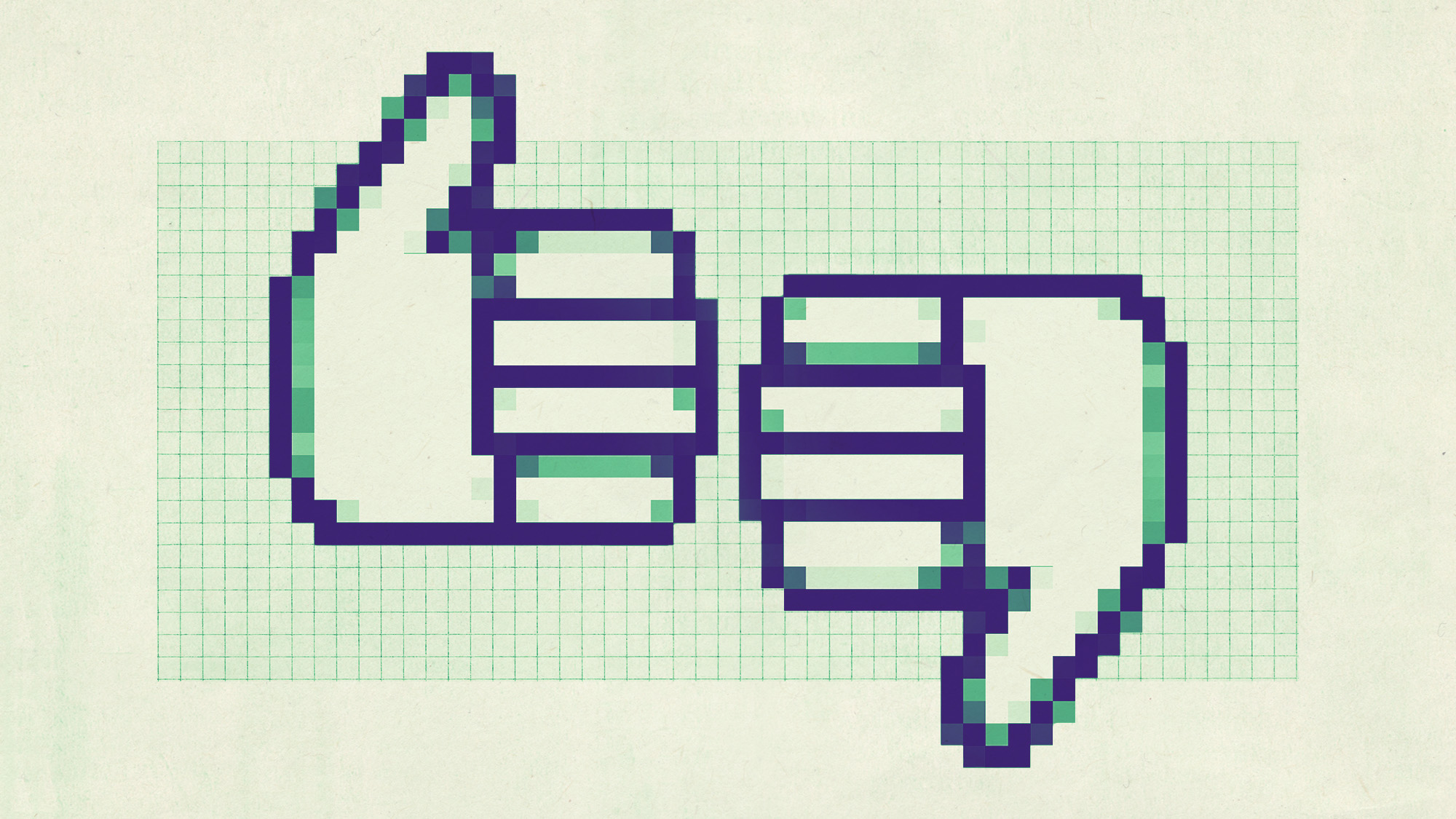How long should kids spend on social media?
Safe time limit guidelines to be drawn up to counter concern about impact on mental health

A free daily email with the biggest news stories of the day – and the best features from TheWeek.com
You are now subscribed
Your newsletter sign-up was successful
Medical professionals have been ordered to draw up recommended guidelines for how long children and young people should spend on social media, in a bid to counter growing concerns about the impact of using such services on mental health.
In an interview with The Observer ahead the Tory party conference, the Health Secretary, Matt Hancock, revealed he had instructed Sally Davies, the UK's chief medical officer, to begin preparing official guidance on safe time limits that would work in a similar way to safe alcohol limits.
The father of three said he had been motivated by the growing evidence of the detrimental effect social media apps were having on the health of young people.
The Week
Escape your echo chamber. Get the facts behind the news, plus analysis from multiple perspectives.

Sign up for The Week's Free Newsletters
From our morning news briefing to a weekly Good News Newsletter, get the best of The Week delivered directly to your inbox.
From our morning news briefing to a weekly Good News Newsletter, get the best of The Week delivered directly to your inbox.
Last week a study published in the Lancet Child & Adolescent Health journal, found higher levels of cognition in children whose “recreational screen time” was less than two hours a day.
A separate US study of people aged 18 to 24 found last year that 41% of social media users thought it made them feel sad, anxious, or depressed.
In academic circles, “debate continues over whether social media has more negative than positive effects”, The Guardian says. A report last year by the Education Policy Institute found that while 12% of children who spent no time on social media had symptoms of mental ill health, that figure rose to 27% for those who spent more than three hours a day online.
The problem is particularly acute among young people, with British children between five and 15 spending on average 15 hours a week online and half of all 12-year-olds maintaining a social media profile, according to Ofcom.
A free daily email with the biggest news stories of the day – and the best features from TheWeek.com
Hancock, who last year became the first MP to launch his own constituency app, said he hoped the new guidelines would become the “norm in society” and could empower parents and teachers to enforce sensible time limits and explain them to children.
Some platforms, including Facebook and Instagram, have moved to mitigate fears of addiction by introducing wellbeing tools that enable users to monitor and restrict their time on the platform. However, the health secretary said many were still not doing enough to enforce their rules on age limits and he has asked Davies to also bring forward guidance on the minimum ages for users of different sites.
In a bid to encourage the public to use social media less, various public campaigns such as Scroll Free September have also been launched.
The initiative from the Royal Society for Public Health (RSPH) asked people to stop using platforms such as Facebook, Instagram, Twitter and Snapchat in September, or to cut down the amount of time they spend on them.
Almost two-thirds of users polled in a July survey considered taking part in the initiative and many believed giving up social media would have a positive impact on their lives, the RSPH found.
Some campaigners, though, have criticised the rush to blame social media solely for rise in mental health problems among young people.
Sarah Hughes, the chief executive of the Centre for Mental Health said: “Blaming social media for mental health difficulties with many complex causes simply alienates the young people whose lives are being debated and social media companies who could do more to help young people to thrive.”
Campaigner and TES columnist Natasha Devon, meanwhile, accused policymakers of using social media as a “catch-all bogeyman” and said that austerity measures and changes to the education system also affected children's mental health.
-
 Sepsis ‘breakthrough’: the world’s first targeted treatment?
Sepsis ‘breakthrough’: the world’s first targeted treatment?The Explainer New drug could reverse effects of sepsis, rather than trying to treat infection with antibiotics
-
 James Van Der Beek obituary: fresh-faced Dawson’s Creek star
James Van Der Beek obituary: fresh-faced Dawson’s Creek starIn The Spotlight Van Der Beek fronted one of the most successful teen dramas of the 90s – but his Dawson fame proved a double-edged sword
-
 Is Andrew’s arrest the end for the monarchy?
Is Andrew’s arrest the end for the monarchy?Today's Big Question The King has distanced the Royal Family from his disgraced brother but a ‘fit of revolutionary disgust’ could still wipe them out
-
 Why X could face UK ban over Grok deepfake nudes
Why X could face UK ban over Grok deepfake nudesThe Explainer Ofcom is investigating whether Elon Musk’s AI chatbot breached Online Safety Act
-
 What are the impartiality rules for BBC presenters?
What are the impartiality rules for BBC presenters?The Explainer News presenters and hosts of 'flagship programmes' must adhere to tougher guidelines than other staff and freelancers
-
 Facebook: Sarah Wynn-Williams' shocking exposé
Facebook: Sarah Wynn-Williams' shocking exposéTalking Point Former executive's tell-all memoir of life behind the scenes at Meta 'makes for damning reading'
-
 What is the dead internet theory?
What is the dead internet theory?The Explainer Reality has 'begun to mirror' the conspiracy that the vast majority of internet activity is generated by bots
-
 The UK's first TikTok election
The UK's first TikTok electionThe Explainer Labour and Conservatives launch on the video-sharing app deemed so valuable by US Democrats in reaching young voters
-
 How Russell Brand built up his online following
How Russell Brand built up his online followingThe Explainer The former comedian has tens of millions of followers across his social media platforms
-
 Which countries have the most and least press freedom?
Which countries have the most and least press freedom?feature A disturbing new report underlines scale of attack on independent media across the globe
-
 The pros and cons of social media
The pros and cons of social mediaPros and Cons Building connections, revolutionizing news and expanding horizons vs. concerns around mental health, fake news and privacy